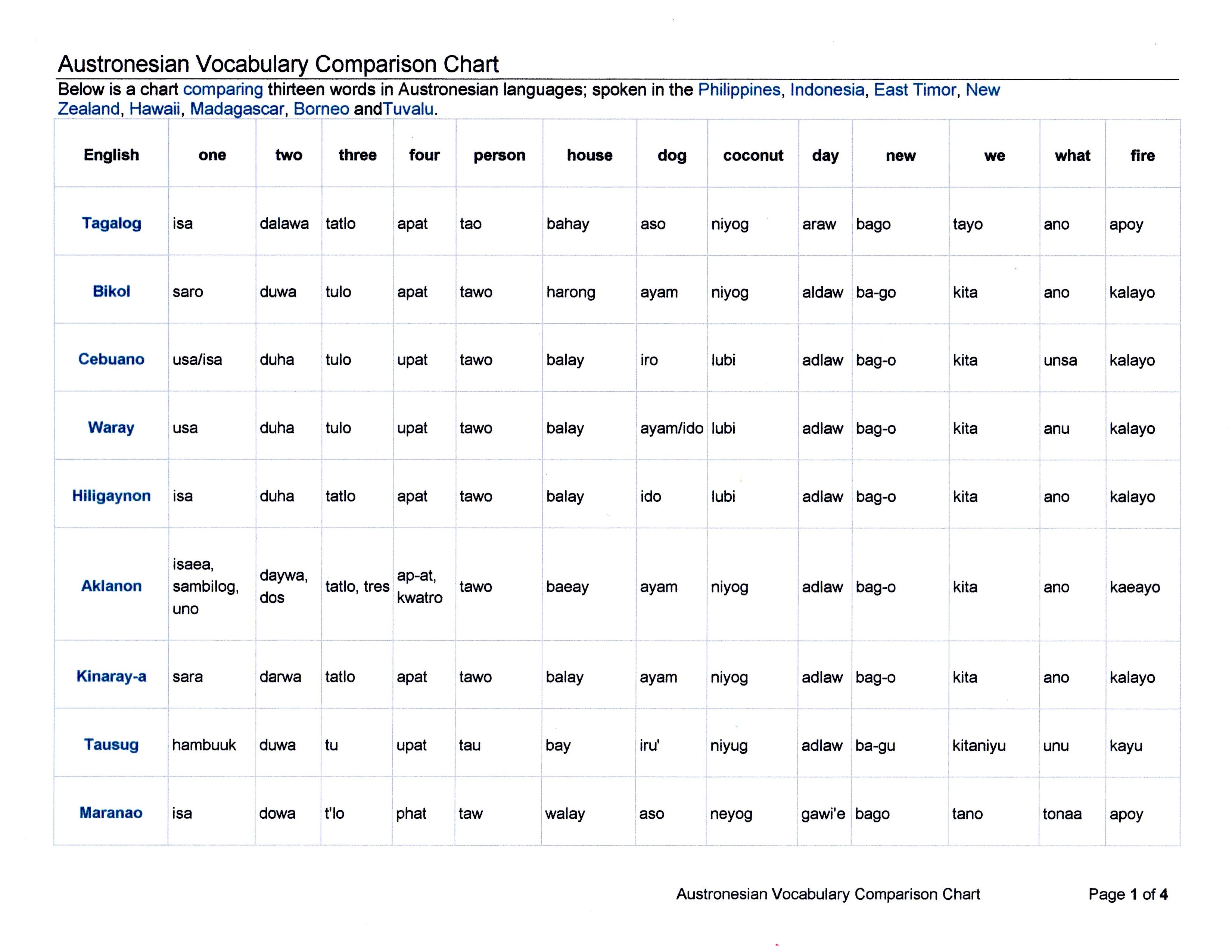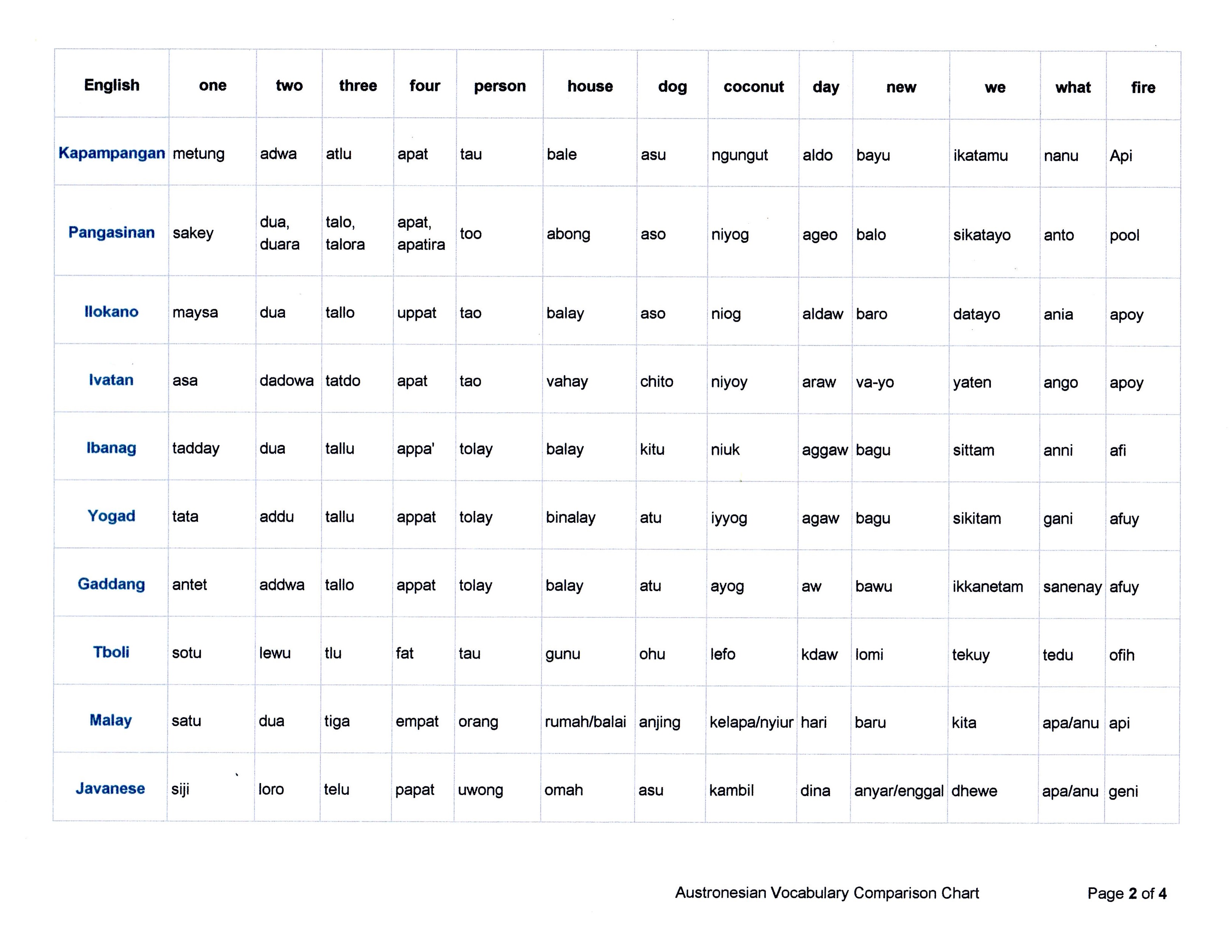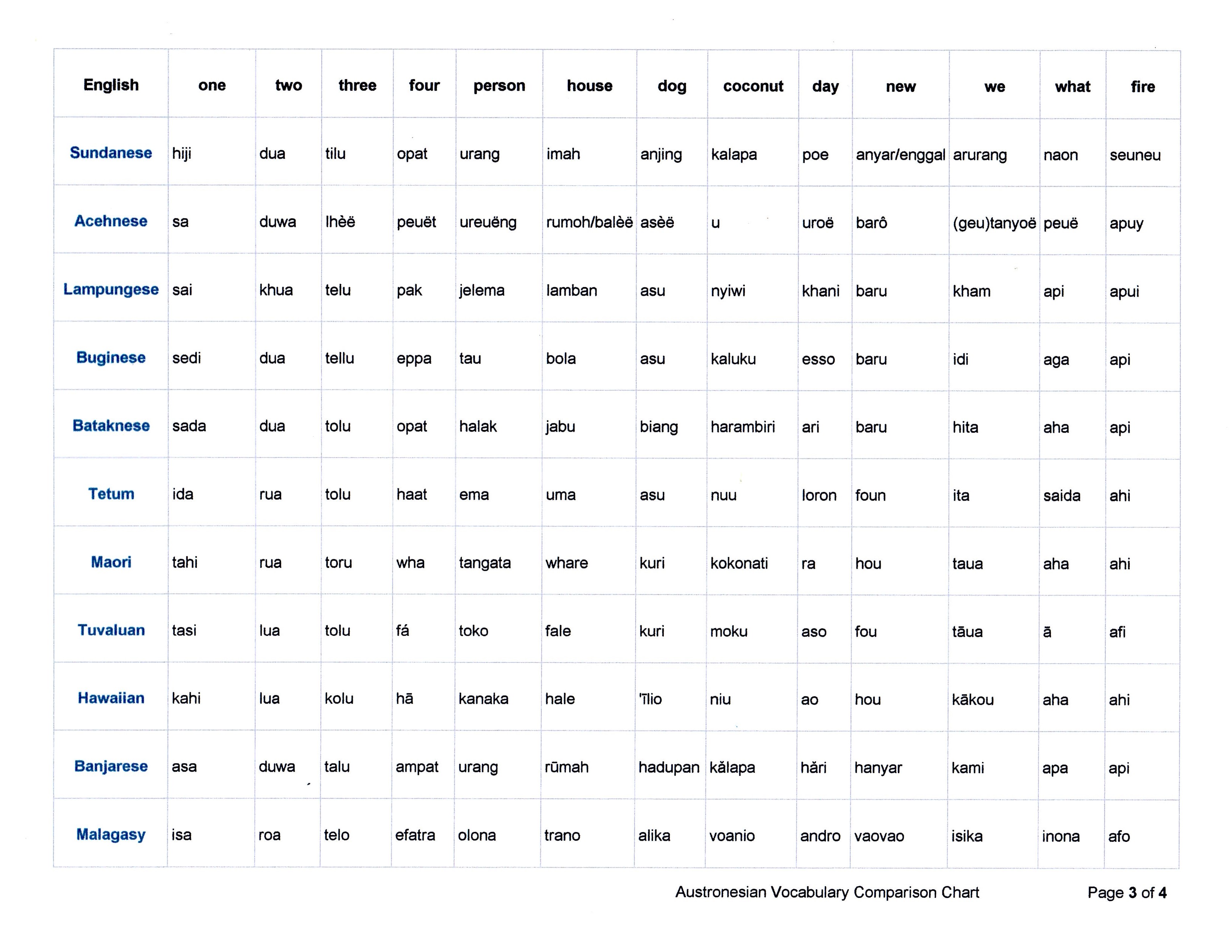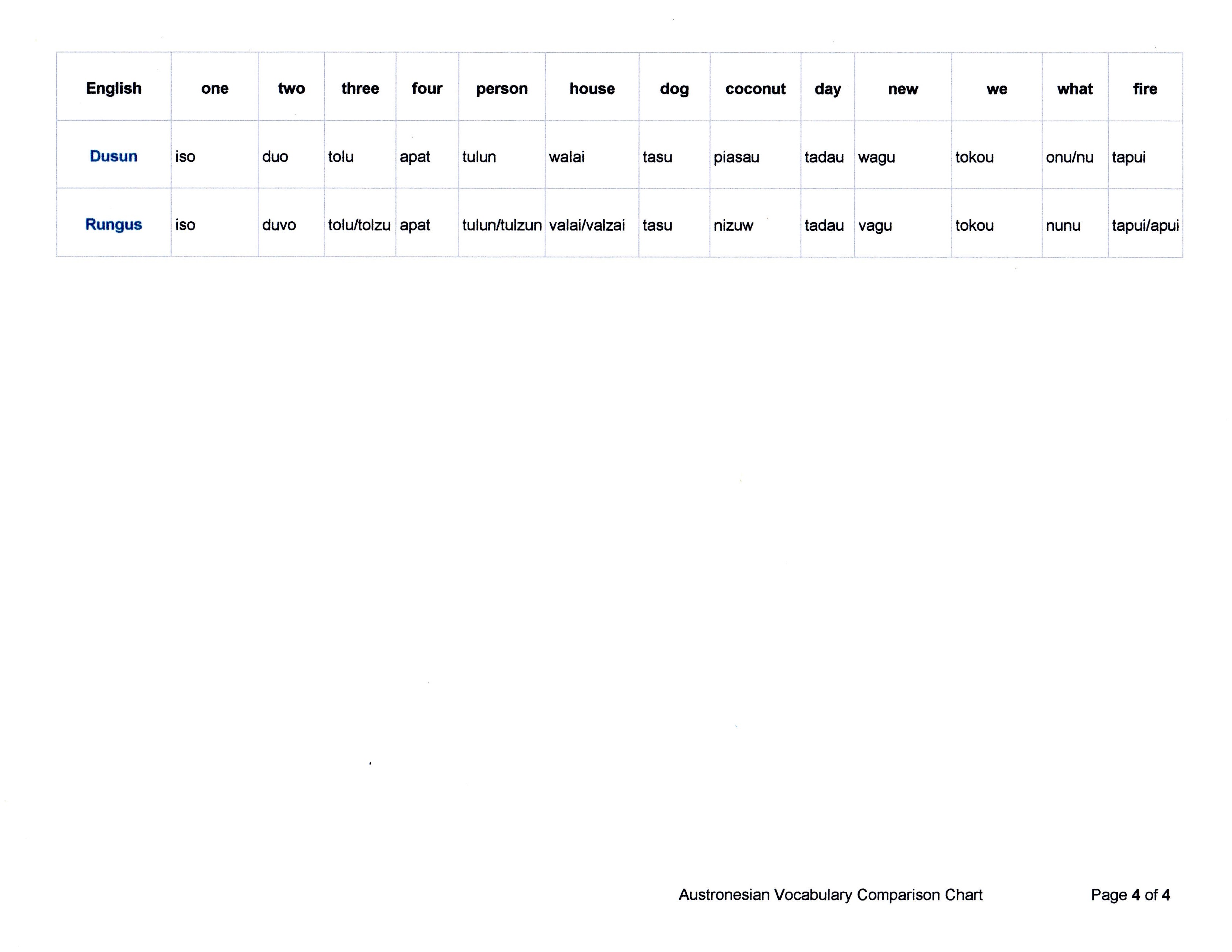Bienvenido Macario shared a link.
How the Fed could ruin your summer holiday
By Luciana Lopez | Reuters – Sunday, May 26, 2013
JE comments: We caught some “sell in May” behavior at the tail end of last week. I don’t have the stomach for any summertime correction (who does?), but the market has been a bit too exuberant of late.
USA (America) – Fed to End Stimulus? (Bienvenido Macario, USA) Mon, May 27, 2013 at 2:36 PM
http://waisworld.org/go.jsp?id=02a3&objectType=post&o=77040…




